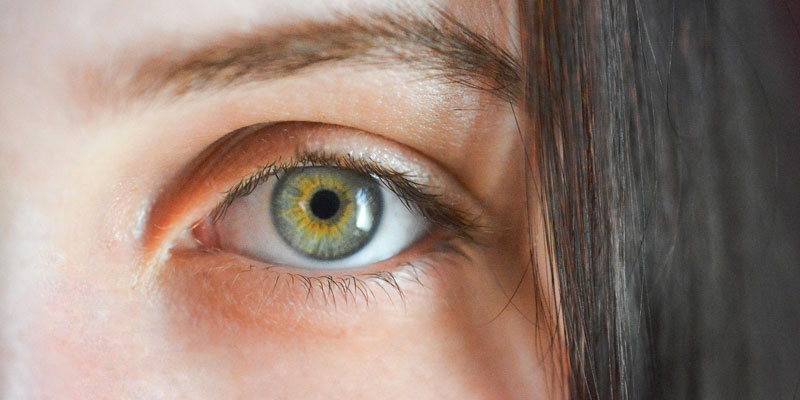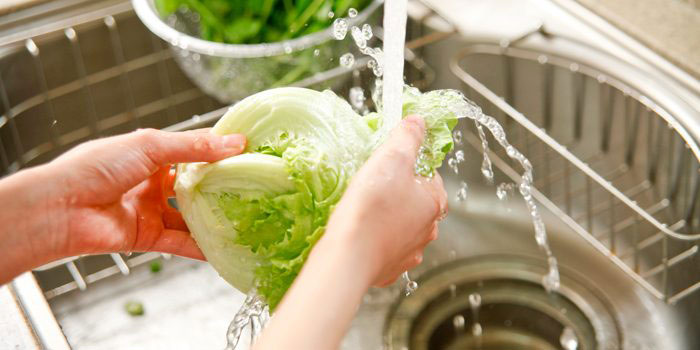
Did you know that Hibiscus can do more than add a vibrant splash of color to your garden? The dainty flowers of Hibiscus have been used in traditional medicine for centuries, with proven positive effects.
From treating high blood pressure and cholesterol to reducing Inflammation and maintaining healthy skin, there are many surprises regarding the health benefits offered by this unique flower. Learn how adding Hibiscus into your daily routine can improve overall well-being!
What is Hibiscus
Hibiscus is a genus of flowering plants in the mallow family, Malvaceae. It is native to tropical and subtropical regions worldwide and has over 200 species. The most common type grown in gardens is Hibiscus rosa-sinensis, also known as Chinese Hibiscus.
Top Benefits of Hibiscus
Lowers Blood Pressure:
The leaves, flowers, and Hibiscus extract effectively lower blood pressure. Studies showed that hibiscus tea could help reduce diastolic blood pressure by up to 7 points!
2. Regulates Cholesterol Levels:
Hibiscus sabdariffa tea has been found to reduce total cholesterol and triglyceride levels, making it a great addition for those trying to regulate their cholesterol.
3. Improves Digestion:
The active compounds in Hibiscus, like polyphenols and isoquercitrin, help to improve digestion and relieve constipation by increasing the production of digestive juices.
4. Strengthens Immunity:
Hibiscus is a great source of vitamin C, which helps to strengthen the immune system. It also contains antioxidants that can help neutralize free radicals and reduce Inflammation.
5. Reduces Inflammation:
The high polyphenols found in Hibiscus can help reduce inflammation, making it a great remedy for conditions like arthritis.
6. Enhances Skin Health:
Hibiscus is rich in vitamin C, which helps to strengthen and protect skin cells. It also contains antioxidants that help keep the skin healthy and youthful.
7. Reduces Stress:
The antioxidants found in Hibiscus can help reduce stress levels and improve overall well-being.
8. Promotes Weight Loss:
Hibiscus contains pectin, which helps to keep you feeling full for longer and promotes weight loss. It also has diuretic properties, helping to flush out toxins from the body.
9. Improves Sleep Quality:
Hibiscus tea is known to be calming and soothing, making it a great choice for those with trouble sleeping. It contains compounds that can help reduce stress levels and promote relaxation.
10. Prevents Cancer:
The antioxidants found in Hibiscus can help reduce cancer risk. Studies have shown that hibiscus extract can inhibit the growth of certain types of cancer cells and even kill them.
11. Relieves Menstrual Pain:
Hibiscus tea is effective in relieving cramps and other symptoms related to menstruation. It can also help regulate the menstrual cycle.
12. Reduces Menopause Symptoms:
Hibiscus extract can help reduce symptoms of menopause, such as hot flashes and night sweats. It can also help balance hormone levels and improve overall well-being.
13. Helps Balance Blood Sugar Levels:
Hibiscus effectively lowers blood sugar levels, making it a great choice for those with diabetes.
14. Treats Liver Disease:
Studies have shown that hibiscus extract can help treat liver diseases like fatty liver and cirrhosis. It can also help improve the overall health of the liver.
15. Reduces Anxiety:
Hibiscus tea can help reduce anxiety levels and promote relaxation. The antioxidants found in Hibiscus can also help boost mood and foster a sense of calm.
Different Types of Hibiscus Flowers and Benefits
1. Rose of Sharon
Lowers Inflammation, promotes weight loss, and reduces Anxiety.
2. Hawaiian White Hibiscus
Has anti-inflammatory properties and helps to treat skin conditions like eczema.
3. Blue Hibiscus
Reduces stress levels and improves mood.
4. Chinese Hibiscus
Helps to treat liver disease and balance blood sugar levels.
5. Hibiscus Moscheutos
Improves skin health, strengthens Immunity, and reduces menstrual pain.
6. Indian Pink Hibiscus
Regulates cholesterol levels, lowers blood pressure, and prevents cancer.
7. Scarlet Hibiscus
Treats high cholesterol and boosts digestion.
Adding Hibiscus to your daily routine can help improve overall well-being and provide many health benefits. This unique flower offers many advantages, from reducing inflammation, improving skin health, and regulating cholesterol levels, to preventing cancer and even treating liver disease. Whether you brew a cup of hibiscus tea or enjoy it in salads, smoothies, and juices, adding this bright bloom into your diet can help support your health and well-being.
Uses of Hibiscus to Treat Common Ailments
1. High Blood Pressure:
Hibiscus tea can help lower blood pressure and improve cardiovascular health.
2. Cholesterol:
Using hibiscus extract or supplements to regulate cholesterol levels can help reduce the risk of heart disease and other related conditions.
3. Diabetes:
The antioxidants found in Hibiscus can help balance blood sugar levels and reduce the risk of developing diabetes.
4. Skin Conditions:
The anti-inflammatory properties of Hibiscus can help treat skin conditions like eczema, psoriasis, and acne.
5. Anxiety:
Drinking hibiscus tea can help reduce stress levels and promote relaxation.
6. Menopause:
Hibiscus extract can help balance hormone levels, reduce hot flashes, and improve overall well-being during menopause.
7. Liver Disease:
Studies have shown that hibiscus extract can effectively treat liver diseases like fatty liver and cirrhosis.
Cooking with Hibiscus - Recipes and Ideas
1. Hibiscus Tea:
Brew a delicious hibiscus tea with freshly boiled water and your favorite spices or sweeteners like honey or cinnamon.
2. Hibiscus Smoothie:
Blend frozen hibiscus flowers, bananas, coconut milk, chia seeds, and dates for a delicious and nutritious smoothie.
3. Hibiscus Salad:
For a light and tasty salad, top your favorite leafy greens with fresh hibiscus flowers, toasted nuts, crumbled goat cheese, and a vinaigrette dressing.
4. Hibiscus Pesto:
Mix hibiscus petals, basil, garlic, and pine nuts for an aromatic pesto that can be used in various dishes.
5. Hibiscus Jam:
Combine fresh or frozen hibiscus flowers with sugar, lemon juice, and zest to make a unique jam perfect for toast or a topping for pancakes.
FAQs
Q: What is the best way to incorporate Hibiscus into my routine?
A: The easiest way to take advantage of the benefits of Hibiscus is to drink it as tea. To make a delicious and refreshing hibiscus tea, simply steep two teaspoons of dried petals in hot water for five minutes. You can also find hibiscus supplements in health food stores or online. Additionally, you can grow your Hibiscus and use the petals as a garnish for salads or other dishes.
Q: Are there any side effects I should be aware of?
A: Generally, Hibiscus is safe when consumed in small amounts. However, it can cause mild side effects such as headaches or stomach upset in some cases. If you experience these symptoms after consuming Hibiscus, you should stop taking it and consult a doctor. It is also important to note that Hibiscus should not be taken by pregnant women or people with high blood pressure, as it may cause adverse reactions.
Q: Can Hibiscus be used to treat medical conditions?
A: While Hibiscus is known to offer many health benefits, it should not be used as a substitute for professional medical care. If you suffer from a serious condition or illness, consult your doctor before using natural remedies.
Conclusion
Hibiscus is an incredibly versatile flower that offers many health benefits. From reducing high blood pressure and cholesterol to easing Inflammation and promoting healthy skin, this unique plant has been used in traditional medicine for centuries. Whether you drink it as a tea or use the petals topically, incorporating Hibiscus into your daily routine can improve overall well-being. However, it is important to remember that Hibiscus should not be used as a substitute for professional medical care.





